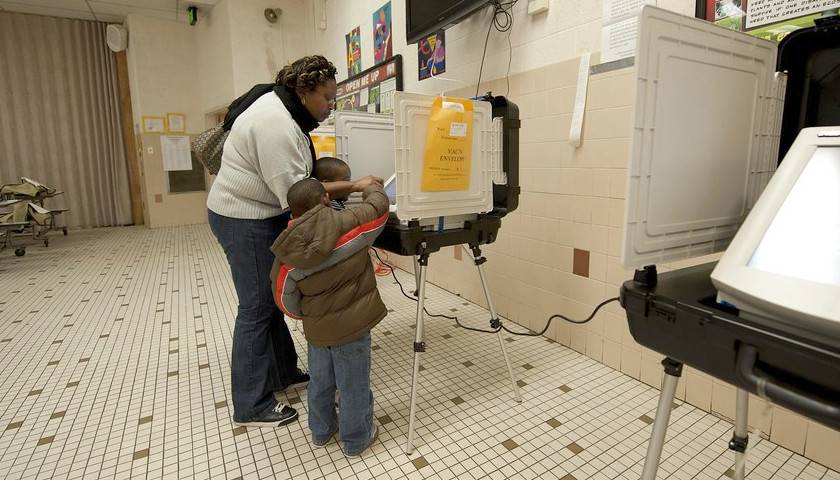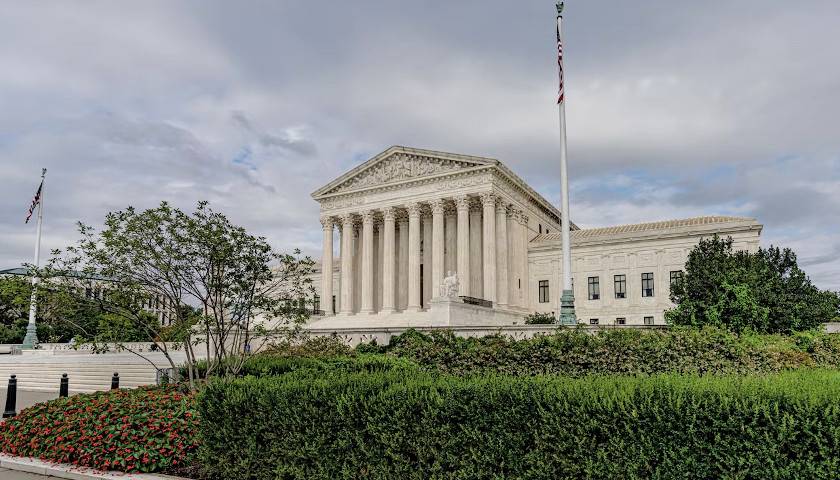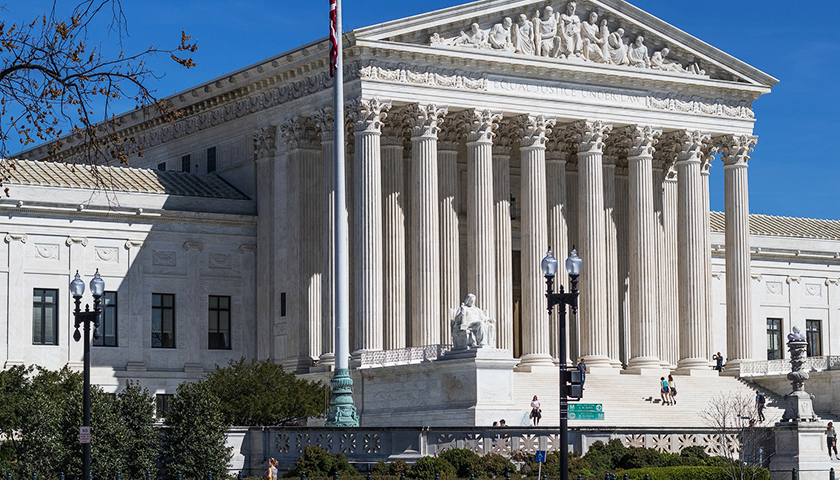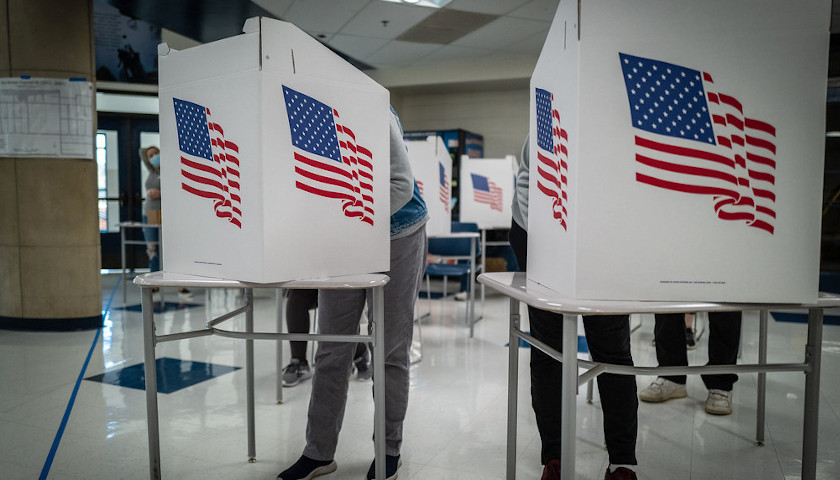A crucial decision by a federal appeals court on Monday could lead to the Voting Rights Act (VRA) losing much of its strength as a law, should the decision be upheld by the Supreme Court.
Politico reports that the ruling by the 8th Circuit Court of Appeals declared that only the federal government is allowed to sue under a key section of the civil rights law, not private citizens or civil rights groups, which had used the law to do so in the past.
Read More



